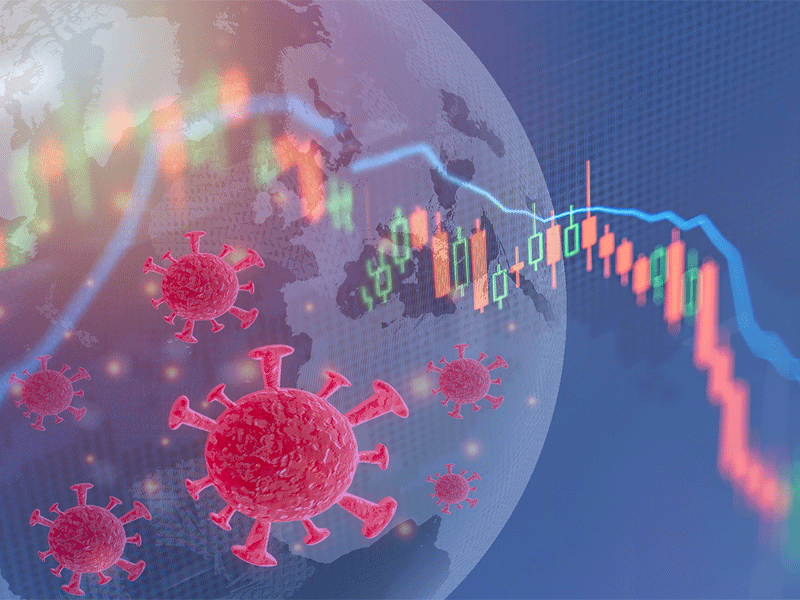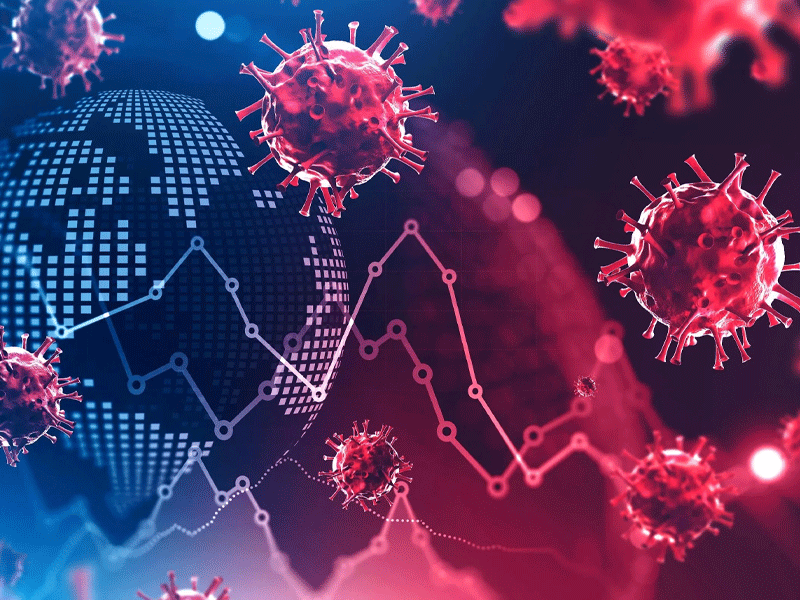The COVID-19 pandemic restructured the world no one could have predicted. Beyond the staggering health implications and economic disorders, the pandemic ignited a global conversation about medical ethics and human rights. As the world begins to heal and look ahead, we must reflect on the ethical dilemmas and human rights concerns that surfaced—and ensure they inform our future decisions in public health.
At the heart of this reflection lies a simple but powerful question: How do we protect public health while respecting individual freedoms and human dignity?
The Fragile Balance Between Safety and Autonomy
One of the most pressing ethical issues during the pandemic was the tension between collective safety and individual autonomy. Governments around the world enacted emergency measures—lockdowns, mask mandates, vaccine requirements—intended to protect populations from an unpredictable virus. However, these measures also limited personal freedoms in ways many had never experienced before.
While public health often requires collective action, the pandemic made it clear that the justification for restricting individual liberties must be grounded in transparency, necessity, and proportionality. People were asked—or, in many cases, compelled—to make personal sacrifices for the greater good. However, those decisions were not always accompanied by clear communication or consistent standards, leading to distrust, confusion, and, at times, resistance.
This experience reminded us that autonomy—the right to make informed decisions about one’s own body and life—must remain a core value in healthcare and governance, even in times of crisis. Respecting personal choice does not mean undermining public health; rather, it means finding balanced strategies that acknowledge both individual rights and societal needs.
Informed Consent Under Pressure
Informed consent is one of the foundational pillars of medical ethics. It asserts that individuals have the right to understand and voluntarily accept or decline medical interventions. During the pandemic, this principle was challenged in new and complex ways.
With the urgency to vaccinate populations quickly, the line between public health guidance and coercion became blurry. In some instances, individuals faced job loss, travel restrictions, or exclusion from public spaces if they chose not to comply with medical recommendations. While the intention behind these policies may have been protective, they sometimes overshadowed the importance of voluntary, informed choice.
Consent given under pressure—whether social, financial, or legal—is not truly voluntary. Ensuring that people have access to unbiased information, free from fear or manipulation, is critical not just in emergencies but in all aspects of health care. The pandemic highlighted the need to reinforce this ethical standard in future health initiatives.
Transparency, Trust, and Accountability
Trust is the backbone of any successful public health effort. But trust is not automatic; it is earned through honesty, accountability, and openness. During the pandemic, public trust in health authorities and institutions was tested repeatedly. Shifting recommendations, inconsistent messaging, and the politicization of science left many confused or skeptical.
Transparency in how decisions are made—especially those that affect millions—is essential. People want to know not just what policies are being implemented but why they are necessary, how they were developed, and who is responsible for their outcomes. When leaders and institutions fail to offer this clarity, it creates space for misinformation and erodes public confidence.
Moving forward, governments and health organizations must prioritize clear communication, involve diverse perspectives in policy-making, and take responsibility when mistakes are made. Ethical leadership means acknowledging uncertainty, admitting errors, and remaining open to scrutiny.
Equity and Access: A Moral Imperative
The pandemic exposed deep inequities in healthcare systems across the globe. From access to testing and treatment to availability of vaccines and resources, the differences were stark. Marginalized communities, low-income populations, and developing nations often found themselves at the back of the line, struggling to access basic health services.
Ethics demands that health policies be inclusive and equitable. A response that prioritizes certain groups while neglecting others is not only unjust—it undermines the effectiveness of global health efforts. Future health emergencies must include plans that address structural inequalities, ensuring that no one is left behind due to geography, income, race, or social status.
The lesson is clear: Health equity is not a secondary concern—it is a central ethical obligation.
Surveillance and Privacy: How Far is Too Far?
With the rise of contact tracing apps, digital health passports, and data tracking during the pandemic, questions about surveillance and privacy came to the forefront. While these tools were promoted as necessary for public safety, they also raised concerns about how much personal information governments and corporations should be allowed to collect.
Once data is collected, how it is stored, used, and protected becomes a matter of ethical concern. Citizens need to be assured that their health data won’t be misused or weaponized in the future. Making the right balance between leveraging technology for health and protecting civil liberties is an urgent challenge in the digital age.
The Need for Global Ethical Standards
COVID-19 proved that viruses do not respect borders—and neither should our ethical commitments. There is a need for globally recognized frameworks that guide how countries respond to health crises, ensuring that human rights are maintained even during emergencies.
While public health strategies may differ by region, the principles of dignity, informed consent, transparency, and equity should be universal. International cooperation must go beyond logistics and include a shared commitment to ethical practice.
Conclusion
The pandemic revealed just how interconnected the worlds of ethics, health, and human rights truly are. It reminded us that public health cannot be reduced to statistics and mandates—it is ultimately about people. About protecting life, yes, but also about honoring freedom, fairness, and truth.
As we move beyond the immediate crisis, we have a choice: to return to business as usual or to use what we’ve learned to build a more ethical, just, and resilient world. Let this be a moment not only of recovery but of renewal—a chance to reaffirm the values that make humane healthcare possible in times of crisis and in times of peace.



